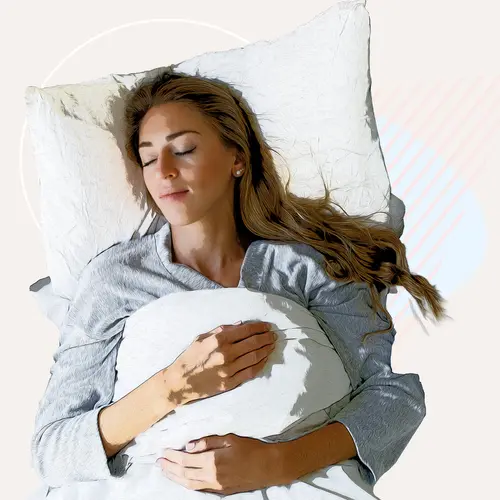How Sleep Affects Diet and Exercise

Hide Video Transcript
Video Transcript
Marie-Pierre St-Onge, PhD
When you restrict individual sleep to less than 4 hours per night or if you have a total night of sleep deprivation, you tend to eat more the next day and it’s a substantial amount. From around 300 to 500 calories over the course of a day. We don’t really know what people do to cope with sleep restriction. When we did a controlled study in which participants were inpatients in a metabolic unit over 6 days, I had the suspicion that for some people, when they were forced to restrict their sleep, so they couldn’t spend more than 4 hours in bed in our studies, people who typically exercised would use that as a coping mechanism. Oh ok, well I’m falling asleep right now, let me try to stimulate myself. I’ll go to the gym. But for those who weren’t inclined to be physically active, that wasn’t something that they go for. Now in the real world setting, when people are, have the choice to go to bed or not go to bed, that’s a different story. And that’s where the research is a little lacking. 